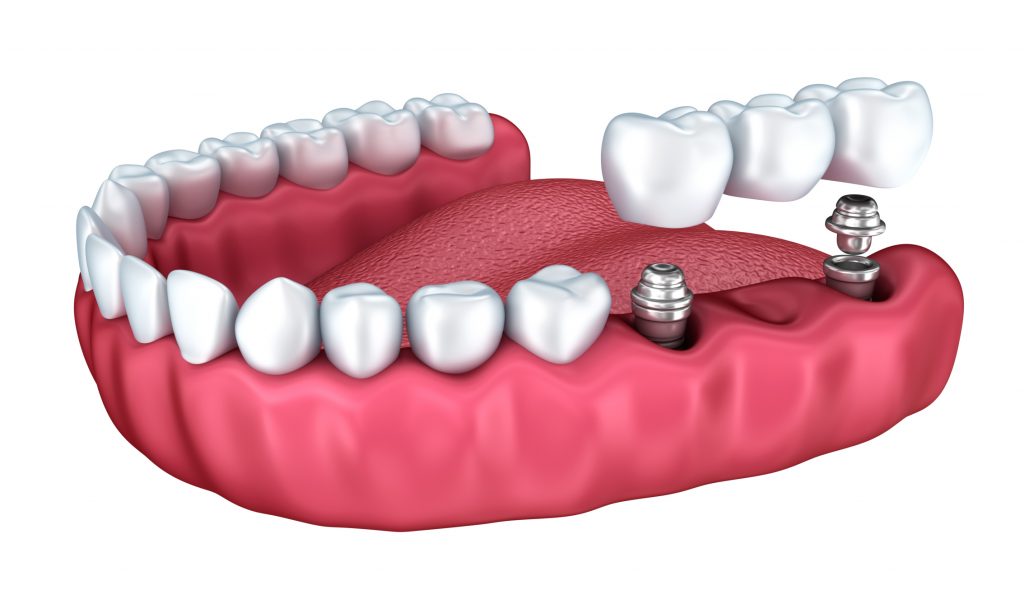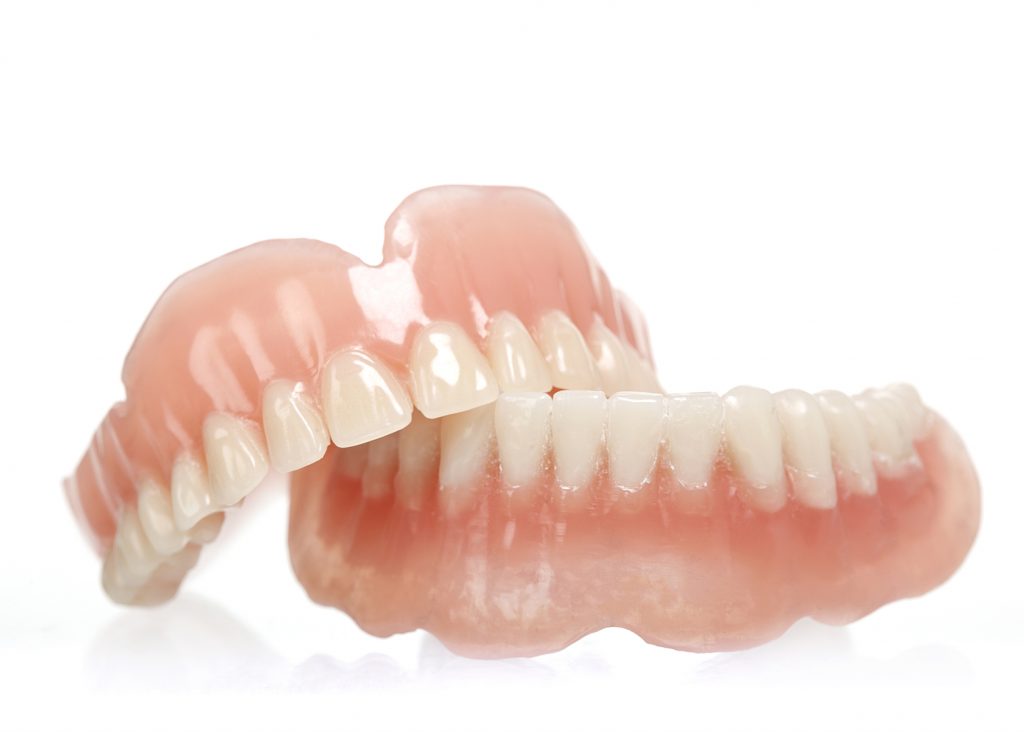
Last month we discussed the important advances the dental industry has made in order to create a cosmetic solution to a flawed smile. But while there are many options, depending on the issue, immediate implants/teeth-in-a-day options give a patient a comfortable, natural-looking smile, but it can be done in a single dental visit.
But once you leave the dental chair, what should you expect? After all, getting a new smile in a single visit must hurt. Quite the contrary – because dental anxiety is a real condition, the patient’s comfort comes into the design of these procedures. However, there is a healing process that will take about 3-6 months, or until the implant fuses to the bone (integration).
Physical symptoms. Prepare for some bleeding and swelling for the next 24-48 hours. Gauze will help with the bleeding; bite down on a gauze pad for about thirty minutes. If swelling occurs, ice packs will help to reduce it. Keep something cold on the affected area until the swelling goes down. Warm saltwater rinses are also great to reducing swelling. If you experience any pain, taking Tylenol or Ibuprofen will help the transition as the anesthetic wears off.
Diet. This one will be tricky for a while. The first day, limit your food to liquids and soft textures. As it becomes easier to eat, you can slowly move to your regular diet. Make sure to drink plenty of fluids to stay hydrated.
Moving around. You may think you won’t need downtime, but that’s not true. Oral surgery is just like any surgery – relax and focus on the healing process. Too much activity may cause bleeding or throbbing in the area.
If you would like more information about dental implants, call Dr. Cabrera in Chicago, IL at 312-994-7939 or visit www.perioimplantchicago.com.
Dr. Cabrera proudly serves Chicago and all surrounding areas.



